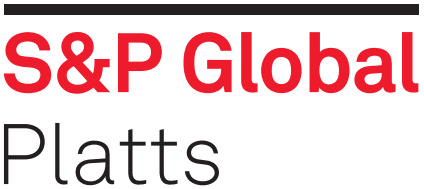
Russian steelmaker Severstal is ready to participate in any review of the anti-dumping duty on its hot-rolled coil exports to the EU, and would be able to prove it does not resort to unfair trade practices or dumping if such a review were initiated, it said Friday.
Responding to questions from S&P Global Platts following a report this week that European steel industry body Eurofer was pushing for a review by the European Commission, Severstal said it had not received notice from any official source and did not have any insider knowledge.
A spokesman for Eurofer said: “We can offer no comment on this issue, nor confirm its veracity.”
“The original article quoted an external source, not Eurofer,” he added.
Severstal confirmed it currently pays a Eur17.60/mt duty on its HRC exports to the EU. The duty has been in place since October 2017 and is due to expire around October 2022.
Severstal received a substantially lower European import duty than that imposed on HRC from other Russian flat-rolled steel producers MMK (Eur96.50/mt) and NLMK (Eur53.30/mt).
Severstal sent 797,000 mt of steel products to the EU in January-March 2020, around 29% of its total sales in the quarter and up by 5% from Q4 2019. In the same quarter last year, exports to Europe contributed a quarter of company’s revenue, Severstal said.
A German distributor said: “I would welcome a higher duty on Severstal imports. They have been an accelerator for lower prices. Since AD was imposed, they have caused continuous disruption.”
“The duty should be at the same level as for the other Russian steelmakers and then those extreme price swings would be limited more,” he added.
Latest Russian import offers were heard at Eur370-375/mt CIF Antwerp, duty paid.
Russia was the second biggest HRC import source for European buyers in March after Turkey at 136,719 mt, seeing a 23% year-on-year increase, according to Eurofer. March saw EU’s total HRC imports down 40% year on year to 452,502 mt.
Although any review would likely take some time, sentiment towards market protectionism is rising in the EU given the collapse in local steel demand, and this may lead to additional export barriers, which would be similarly bad for other Russian steelmakers, according to analysts from Moscow-based BCS Investment Group.
— Ekaterina Bouckley, Laura Varriale




